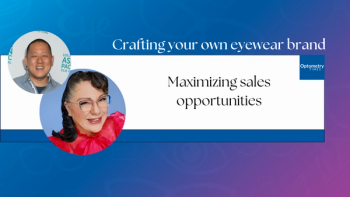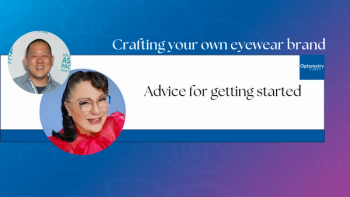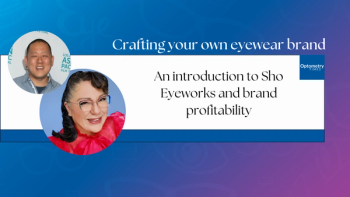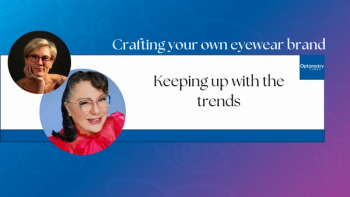
Practical management EP 14: Your practice-purchase checklist
Hear from Maria Sampalis, OD, on what to have on your checklist when purchasing a practice.
Maria Sampalis, OD, owner of Sampalis Eye Care in Cranston and Providence, Rhode Island, sat down with Optometry Times®' editor Kassi Jackson to talk all-things practice management.
Editor's note: This transcript has been edited for clarity
Jackson:
What sort of things should you have on your checklist to make sure that they get checked off when buying or looking to buy a practice?
Sampalis:
You want to see the expenses. You want to make sure there's no liens on the property, or on the practice, you want to make sure the doctor is debt free. [You} want to make sure the equipment's up to date; that he doesn't owe anything on that.
The other thing that's important, too, is EMR. That's a big thing, because be able to notify patients, things like that. But some of these older practices are paper charts, and that's going to be a lot of work. So you want to factor that into your price.
What a lot of doctors don't realize is when you're buying a practice, just because they want X amount of dollars, doesn't necessarily mean that's the final price. You can very well negotiate a price on a practice. And you can really negotiate say, "I'm willing to give you X amount of dollars, if you're going to stay," because that's an additional $50-60,000 a year. "Because you're going to work part time for me, that's additional revenue that you're going to add." So that's something you want to pay attention to.
You also want to see what the net income is. Some practice are taking like 20%—usually the industry is about 30-35%. So kind of that sounds like a red flag, and you want to see, you know, why. Is there there's more overhead? [Are] there too many staff? Is there a big debt on the practice? Or why hasn't the practice maybe been sold right away in the past? What has held back the practice a little bit?
And then you kind of want to investigate the optical, see what frames they sell. Is it high end, mid range, low? What is the vibe of the practice—what they're trying to present to patients? Because you still want to have high-end quality eyewear in your practice, but you still want to have something that's a value to to be able to compete with online and certain practices that are low end, as well. You're gonna have different patients. So that's important, too. And you want to see what contact lenses they sell, [if] they do scleral lenses, things like that. Those are all important because those are high net profit products.
Newsletter
Want more insights like this? Subscribe to Optometry Times and get clinical pearls and practice tips delivered straight to your inbox.





























